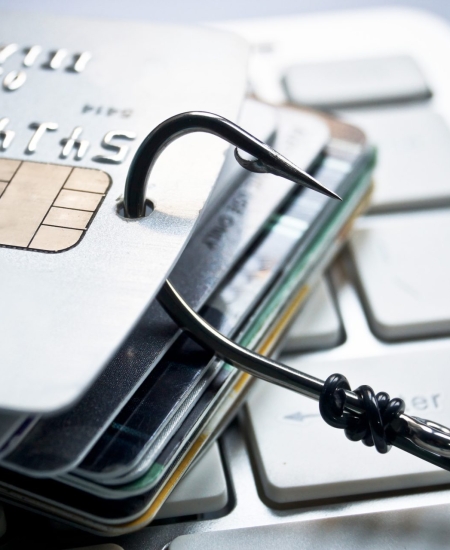
Frauds and Scams
2021 was the largest year for Australians
2.1 million Australians (11 per cent) experienced one or more types of personal fraud in 2020-21, according to figures released in March by the Australian Bureau of Statistics (ABS). The 2020-21 Personal Fraud Survey asked respondents about their experiences of personal fraud including card fraud, identity theft, and selected types of scams.
Card fraud continues to be one of the largest and compromising threats to Australians and often comes attached with harsh consequences. Card fraud involves the use of credit, debit, or EFTPOS card details to make purchases and withdraw cash without the owner’s permission.
This style of fraud has been described as departure from previous online historical scams, as people self-claimed as ‘internet savvy’ have also found themselves the victim.
Additionally, the ABS breakdown speaks that an overwhelming percentage were unable to verify how their information had been stolen in the first place, which is a dangerous indicator towards the growing complexity and elegance of these scams.
With the new extent of our daily lives now taking place virtually, it would be amiss to not draw comparisons regarding the increase in vulnerability and our dramatic behavioural change driven by COVID-19. Remote working has been expressed by the ABS as a major potential factor towards this susceptibility.
Fortunately, there are extra precautions to ensure you, or your business do not fall victim. Here are six simple steps anyone can take to ensure their safety online:
- Reinforce your passwords with more characters, including letters, numbers, and symbols to make them stronger
- Avoid sharing passwords for low importance websites and accounts such as Netflix, games, and Facebook as you do for high security accounts such as online banking.
- All personal information should be kept secret and never given out unless there is confirmation from the source that the person on the other end is genuine.
- Use multiple step authentication as often as possible, where you must provide two or more pieces of evidence to gain access to important accounts.
- When choosing password recovery questions do not use questions that may be available to the public through what you or someone you know has posted on social media. E.g. the street you live on, school you went to or your pet’s name.
- Make sure whoever the sender is that they are genuine before following any link sent via email or text.
If you believe you have been liable to online banking fraud, we recommend immediately informing your chosen financial institution who can hopefully guide you towards the correct steps and recovery of funds. For other scams such as identity theft or online fraud please make sure to contact the police directly.
By Timothy Santin – Accountant – Venture Private Advisory